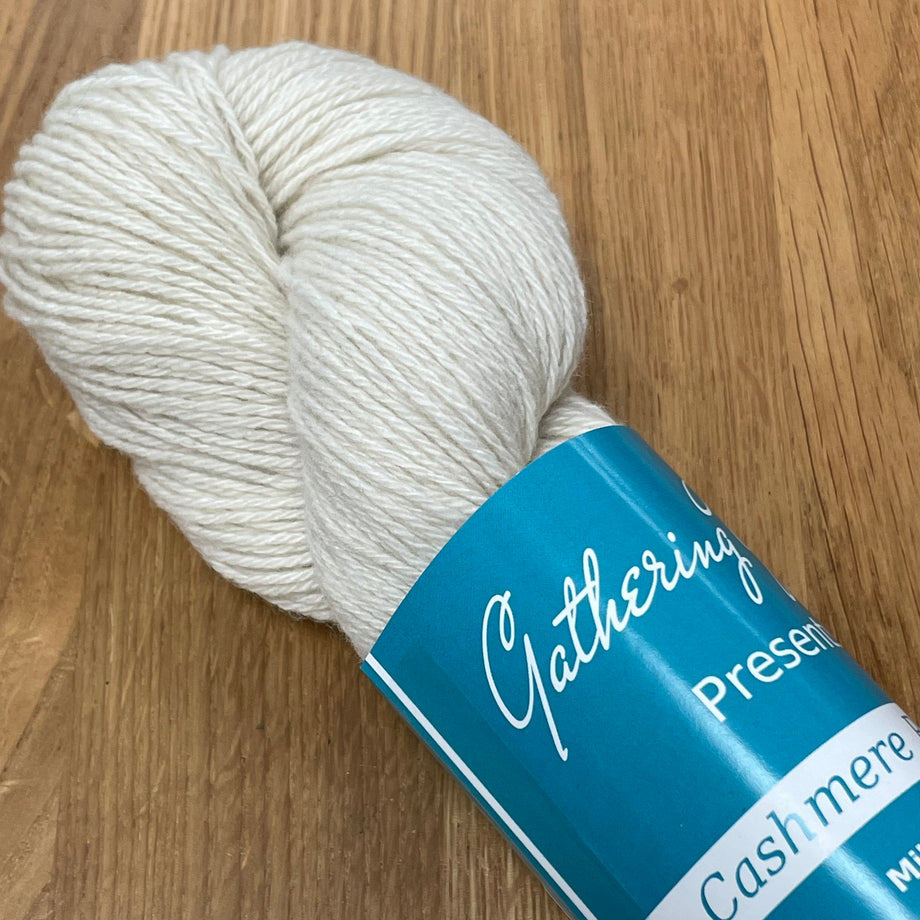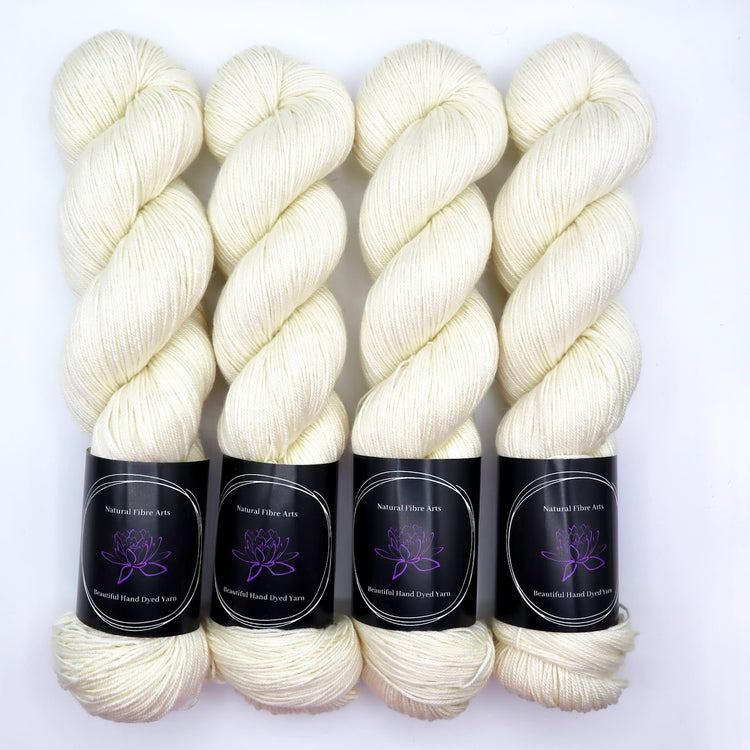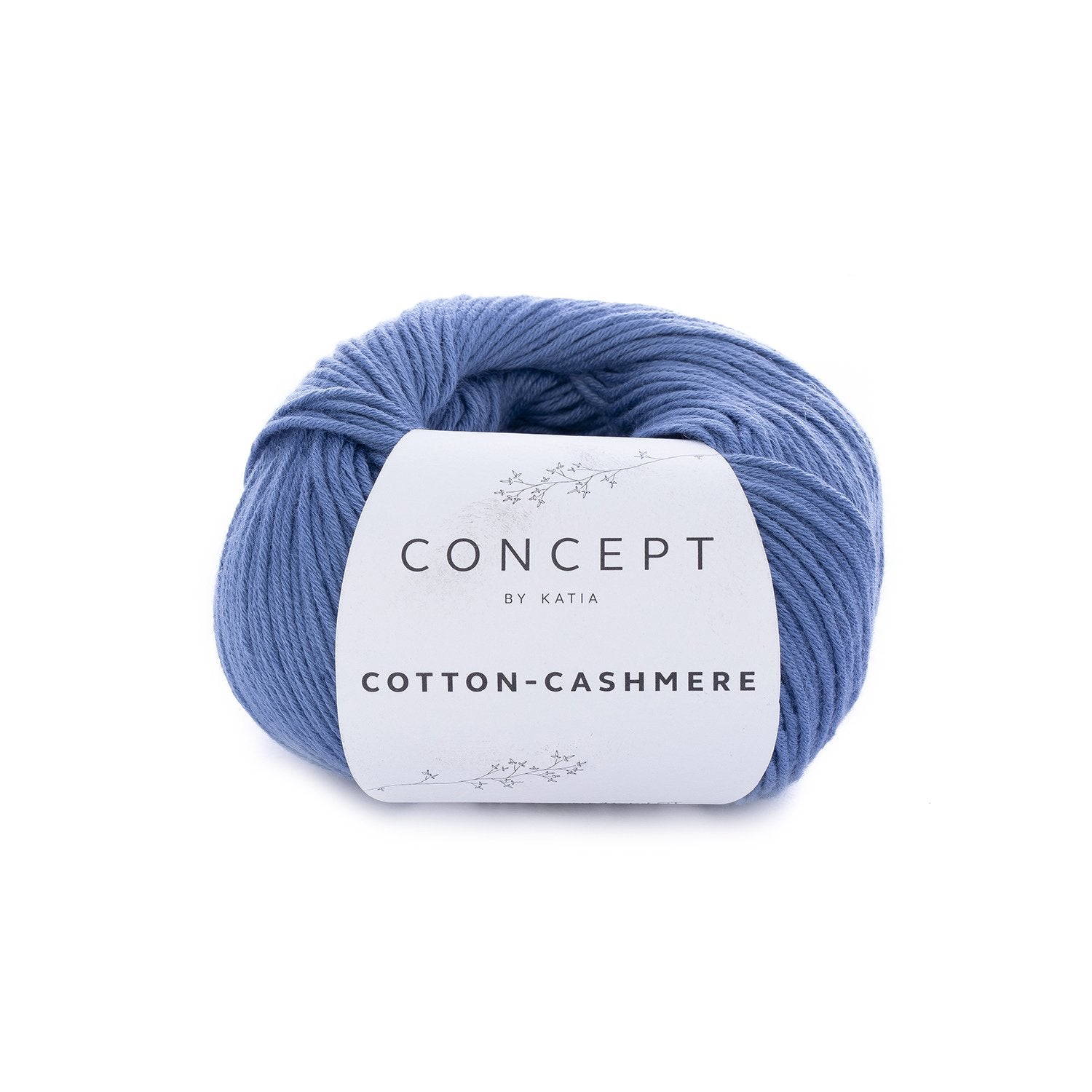Recognizing the Different Kinds Of Cashmere an All-natural Fiber and Their One-of-a-kind Benefits

The Origins of Cashmere: A Historical Review
While the lavish touch of cashmere proceeds to beauty modern consumers, its beginnings trace back to the harsh, cold environments of Mongolia and the Mountain ranges. For centuries, the aboriginal individuals of these areas have actually been increasing Capra Hircus goats, the prime source of cashmere wool. These goats, resilient against the severe winters, grew a great undercoat to endure, which later on came to be referred to as cashmere. The name itself admires Kashmir, an area in India where the wool was at first processed. Much of the very early cashmere trade route was promoted by the Silk Road, attaching Asia with the Center East and Europe. Despite its worldwide spread, the finest cashmere is still thought to originate from the original regions of Mongolia and the Mountain Ranges.

The Production Process: From Goat to Garment
Shearing a Capra Hircus goat marks the inception of the complex cashmere production procedure. The resultant raw cashmere is then washed to eliminate impurities such as vegetable, dirt, and oil matter.
The tidy fiber undergoes dyeing, rotating, and weaving, or knitting, to transform it into a material. Complex treatments such as quality control checks and completing procedures adhere to, ensuring completion item maintains the glamorous criterion expected of cashmere. This meticulous process, from goat to garment, justifies the high price connected to cashmere items, making them a sign of luxury and improvement.
The Numerous Sorts Of Cashmere: An In-depth Evaluation

The Unique Benefits of Cashmere: Comfort and Sustainability
Relocating from the selection of cashmere types to the advantages they supply, comfort and sustainability stand out prominently. Cashmere, a natural fiber, is renowned for its unrivaled softness, supplying a degree of convenience that synthetic fibers can't match.
When it comes to sustainability, cashmere is biodegradable and renewable, as try this it's harvested from cashmere goats who regrow their layers each year. what is cashmere. Unlike synthetic fibers which can take hundreds of years to decompose, cashmere's effect on the setting is marginal. This mix of comfort and sustainability makes cashmere a useful selection for conscious customers

Taking Care Of Your Cashmere: Maintenance and Conservation Tips
While cashmere is undoubtedly a extravagant and lasting selection, it needs specific like keep its top quality and prolong its life-span. To start, cashmere ought to be hand cleaned making use of cool water and a moderate detergent. Prevent wringing the garment or turning as it can damage the fibers. Instead, delicately eject excess water and lay it flat on a towel to dry. Cashmere products must be stored in a dry and cool area, away from straight sunlight and dampness. Utilizing moth repellents can protect these garments from prospective damages. It's advisable to prevent hanging cashmere to prevent stretching. Instead, layer and shop them her explanation properly to maintain their form and quality in time.
Buying Cashmere: Comprehending Its Value and Well Worth
Although cashmere might initially seem like a costly financial investment, its long-lasting value and worth ended up being apparent when you consider its amazing high qualities. Understood for its unequaled soft qualities and heat, cashmere is a costs all-natural fiber that outshines various other materials. Its high demand and minimal supply add to its high cost, however its resilience guarantees it lasts for several years, providing outstanding value for cash. Cashmere pieces are timeless, frequently becoming antiques gave via generations. what is cashmere. Its natural insulating buildings supply heat without the mass of synthetic fibers. Spending in cashmere, as a result, is not almost existing fashion trends, but concerning embracing a lasting, durable, and extravagant lifestyle.
Conclusion
In recap, the type of cashmere one selects, be it Mongolian, Chinese, or Italian, is dictated by specific preferences for warmth, sustainability, deluxe, and budget plan. Understanding the origins, manufacturing procedure, and special benefits of various types of cashmere can guide customers in their financial investment in this elegant natural fiber.
Whether it's the my response extraordinary warmth of Mongolian cashmere, the cost of Chinese cashmere, or the eco-conscious production of Italian cashmere, there's a tale to be found behind each fiber type. Cashmere, a natural fiber, is renowned for its unrivaled softness, giving a level of comfort that synthetic fibers can't match.When it comes to sustainability, cashmere is biodegradable and renewable, as it's collected from cashmere goats that regrow their coats yearly. Recognized for its unmatched softness and warmth, cashmere is a premium all-natural fiber that exceeds other materials. Understanding the beginnings, production process, and unique advantages of various types of cashmere can assist consumers in their financial investment in this glamorous all-natural fiber.